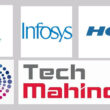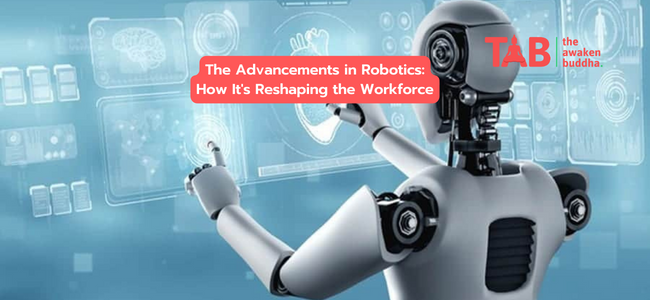Introduction
In recent years, there have been important advances in robotics technology. From manufacturing to healthcare, robots are increasingly being used to perform tasks previously done by humans. This shift is profoundly impacting the workforce, with some experts predicting that robots could replace up to 20 million jobs by 2030. In this article, we will explore how robotics is reshaping the workforce, the benefits and drawbacks of automation, and the future of work in a world of robots.
What is Robotics?

Before delving into how robotics is reshaping the workforce, it’s essential to define what we mean by “robotics.” Robotics is a field of study that deals with robot design, construction, and operation. A robot is a machine that can perform tasks autonomously or with minimal human intervention. Robotics technology includes everything from simple machines that perform a single task to complex systems that can learn, adapt, and interact with humans.
The Rise of Robotics in the Workplace
The usage of robots in the workplace is not a new phenomenon. However, recent advancements in robotics technology have made it possible for robots to perform more complex tasks and work alongside humans in previously impossible ways. Robots are increasingly used in manufacturing, healthcare, logistics, and customer service. For example, robots are used in manufacturing to assemble products, perform quality control, and package goods. In healthcare, robots perform surgery, deliver medication, and assist with patient care.
The Benefits of Robotics in the Workplace
There are many benefits to using robots in the workplace. For one, robots can perform tasks faster and more efficiently than humans. They can work 24/7 without the need for breaks or vacations. Robots can also perform dangerous or repetitive tasks that may harm human health. Additionally, robots can improve product quality and consistency, leading to greater customer satisfaction. By automating specific tasks, businesses can also save money on labor costs.
The Drawbacks of Robotics in the Workplace

While there are many benefits to using robots in the workplace, there are also drawbacks. One of the biggest concerns is the potential loss of jobs. As robots become more skilled of performing tasks previously done by humans, some jobs may become obsolete. This could lead to unemployment and economic disruption. There is also the concern that robots may replace human creativity and innovation. Additionally, there are ethical concerns about using robots in specific industries, such as healthcare.
The Destiny of Work in a World of Robots
The rise of robotics is transforming the workplace, and this technology will shape the future of work. While some jobs may become obsolete, robotics will also create new jobs. For example, there will be an increased demand for workers who can design, build, and maintain robots. Additionally, there will be new opportunities in industries that rely on robots, such as logistics and manufacturing. To prepare for this future, workers must develop new skills, such as coding and data analysis.
Conclusion
Robotic technology is rapidly advancing, and its impact on the workforce is becoming increasingly apparent. While there are many benefits to using robots in the workplace, drawbacks must be considered. As we move towards a world of increased automation, we must consider how we can ensure everyone benefits from these technological advancements. By embracing robotics and investing in education and training, we can create a future where robots and humans work together to create a better world.
FAQs
1. Will robots replace all human workers?
No, robots are not likely to replace all human workers. While some jobs may become obsolete, robotics will also create new jobs. Additionally, specific tasks require human creativity and decision-making that robots are not yet capable of performing.
2. What are some of the ethical concerns around the use of robots in the workplace?
One of the most significant ethical concerns around using robots in the workplace is the potential for job loss and economic disruption. There is also concern about the use of robots in industries such as healthcare, where there are questions about the role of robots in patient care and the potential for robots to replace human caregivers.
3. What skills will be in demand in a world of increased automation?
In a world of increased automation, skills related to robotics and technology will be in high demand. This includes skills such as coding, data analysis, and machine learning. Additionally, human creativity and decision-making skills will continue to be necessary.
4. What can workers do to prepare for the impact of robotics on the workforce?
Workers can prepare for the impact of robotics on the workforce by developing new skills and staying up-to-date on the latest advancements in robotics technology. This may involve pursuing additional education and training in coding and data analysis. It’s also essential for workers to be adaptable and willing to learn new skills as technology continues to evolve.
5. How can businesses ensure that everyone benefits from using robotics technology?
Businesses can ensure that everyone benefits from using robotics technology by investing in education and training programs for workers. Additionally, businesses can work to create new job opportunities and ensure that the benefits of automation are shared equitably among all workers. This may involve rethinking traditional business models and exploring new ways of working that incorporate robotics technology in a way that benefits everyone involved.










